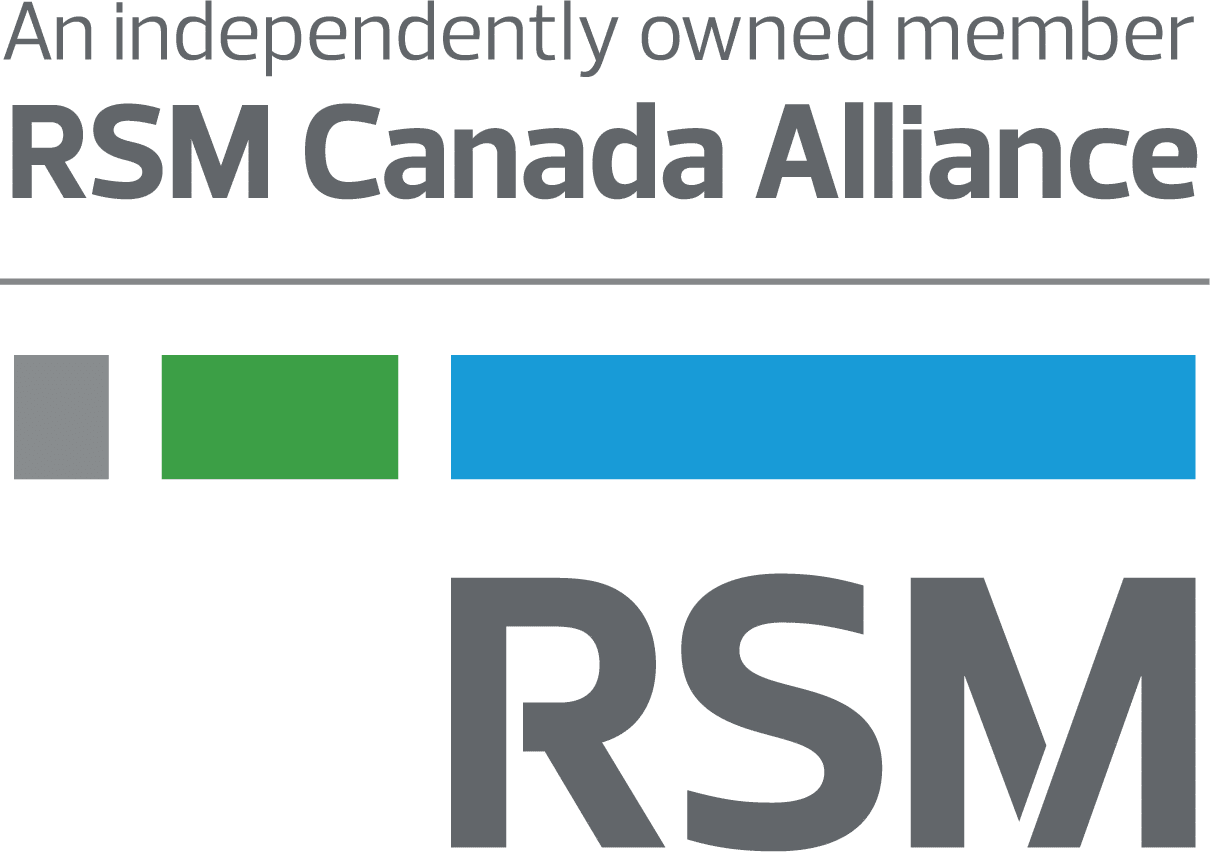
The business world is dynamic, and no two years are the same. In some years, you may enjoy windfall gains and significant losses, some because of a natural calamity, economic downturn, product failure, inflation, competition, or policy changes. The reasons for gains and capital losses are endless, but the types of losses are two as per the Canada Revenue Agency (CRA) classification: capital and non-capital. And these two types of losses can impact your tax returns differently. The beauty of business is you can also use losses to your advantage to reduce your tax bill. Tax is charged on income and profits. When there are no profits, there is no tax. But when there is a capital loss, you can reduce your taxes.
How to Use Capital Loss to Reduce Tax
The Canada Revenue Agency (CRA) classifies business losses as capital and non-capital losses. If you sell a property, stocks or any other asset for a price lower than the purchase price, you face a capital loss. Capital loss can only be offset against a capital gain.
Let’s say you invested $5,000 each in Stock A and Stock B. In 2023, you sold stock A for $8,000, creating a capital gain of $3,000. But you sold stock B for $1,000, leading to a capital loss of $4,000. You can use the loss to offset the $3,000 gain and still have $1,000 of unused capital loss that you can carry back three years or carry forward.
For instance, you sold a stock in 2022 for a capital gain of $2,000. Since you had no capital loss back then, you paid tax capital gain. In 2023, you can carry back the balance capital loss of $1,000 to 2022 and reduce your capital gain to $1,000. For this, you must submit FormT1A – Request for Loss Carryback and your 2023 tax return. The CRA will review your request and refund the tax you paid on the $1,000 capital gain in your 2022 returns.
This rollback can give you more cash in your hand when you need it since you face a loss.
How to Use Non-Capital Loss to Reduce Tax
Non-capital loss is the loss you incur in business or rental income because the property remains vacant for a long time. Non-capital loss can occur due to inventory write-offs, one-off expenses, bad debts, weak demand, operational inefficiency, or more. Non-capital loss is more flexible than capital loss as you can use the former to reduce other sources of income such as employment, business, interest earned, Registered Retirement Savings Plan (RRSP) income and more.
You can use your non-capital loss to recover any heavy taxes you paid in the last three years. To carry back the non-capital loss, you must submit Form T1A in the year you incurred the loss. If you leave your non-capital loss unused, you can only carry it forward and not backward.
You can consider carrying back your loss if,
- You plan to sell your business.
- You paid a high tax rate in the past and do not expect to pay such a high rate in the future.
- Your profit is expected to fall in the future.
- You need cash.
Another reason to carry back could be because carrying the non-capital loss forward could be complex, as rules differ according to the type of loss.
Capital and non-capital losses are a good way to reduce tax, but the procedures and rules are complex. A tax expert can help you make the most of the losses and help you plan your taxes better.
Contact Ford Keast LLP in South Western Ontario to Help You with Several Tax Savings Strategies
A skilled tax consultant will examine your business finances and help you make the most of the applicable tax rules. They can guide you on every step of tax planning and strategy. To learn how Ford Keast LLP can provide you with tax strategizing, contact us online or at 519-679-9330.




